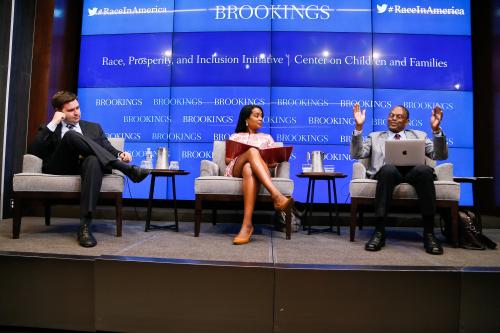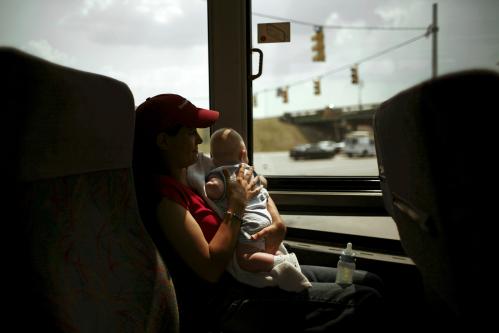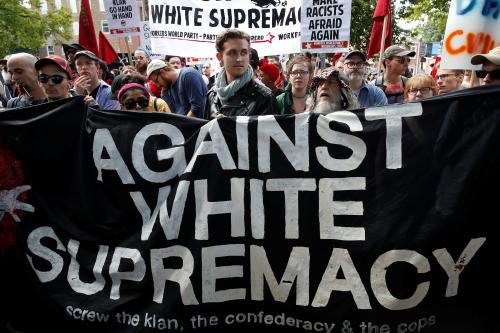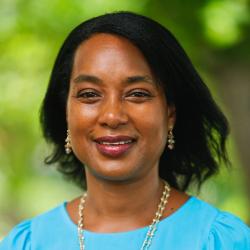Last week, I moderated a discussion between William Julius Wilson and JD Vance on race, class, and culture in the U.S. It was a thoughtful and thought-provoking discussion; I enjoyed being there and hearing such fine minds talk about some of the most pressing challenges facing Americans today.
I wanted to write a bit about why I asked the questions that I did and what I was thinking as the conversation evolved.
From the start of the discussion, I felt it was important to give voice to the tension that has surfaced since President’s Trump victory—the tension that seeks to acknowledge the deprivation of white and poor Americans while not allowing that legitimate and real suffering to overshadow the centuries of discrimination that African Americans have endured since arriving here in chains over 400 years ago. In my mind, there is practical, intellectual, and empathetic space for the two types of suffering to be acknowledged and addressed. So, I wanted our two guests to have an opportunity to reflect on that tension. Hence, my question: “Is it different being black, poor, and jobless and being white, poor, and jobless?” The answers they provided were thoughtful and refreshingly non-partisan.
Second, in reading “Hillbilly Elegy,” I found myself reflecting on the book’s curious combination of JD Vance’s detailed and personal account of the destruction of high-quality blue-collar jobs and his reflections on the importance of personal choice in pulling oneself out of an economic morass. Yes, I thought, people can be lazy, but, people can also have the deck stacked against them and it seems somewhat facile to tell them they have choices. So I thought it would be important to distill the narrative of American success, the place of poverty within it, and then, ask both JD and Bill to reflect on that narrative. JD explained that in some ways he thought it was important for young people who find themselves in the same disaffected shoes that he was once in, to have a sense of control over their futures. But he agreed with Wilson—who nicely drew JD out on this point—that there are larger causes of poverty than someone’s will to get off the couch.
Third, I really wanted the audience to understand that Wilson, too, grew up in extreme rural poverty. While JD’s book is clearly personal, I thought it would be important for Wilson’s own experiences to come through early on in the discussion. I wanted this conversation to serve as a reminder that poor Americans resemble many of us.
Ultimately, what emerged was a rich conversation about the experience of growing up poor in the U.S., the importance of love and advocacy from the adults in our lives, and the acknowledgment that deprivation is an American issue—one that has had different histories for African Americans and for white Americans, but that is mutually devastating in its effects. I was encouraged by the shared wisdom on policy concepts that each guest offered. The conversation clearly resonated with our guests and with the audience. I think that is because both Bill and JD intentionally created a foundation of respect and common understanding from which to think through approaches to alleviate American poverty. I plan to build on that foundation with the ongoing work of the Race, Prosperity, and Inclusion Initiative at Brookings.
The Brookings Institution is committed to quality, independence, and impact.
We are supported by a diverse array of funders. In line with our values and policies, each Brookings publication represents the sole views of its author(s).







Commentary
Moderator perspective on William Julius Wilson and JD Vance’s discussion of race, class, and culture
September 11, 2017